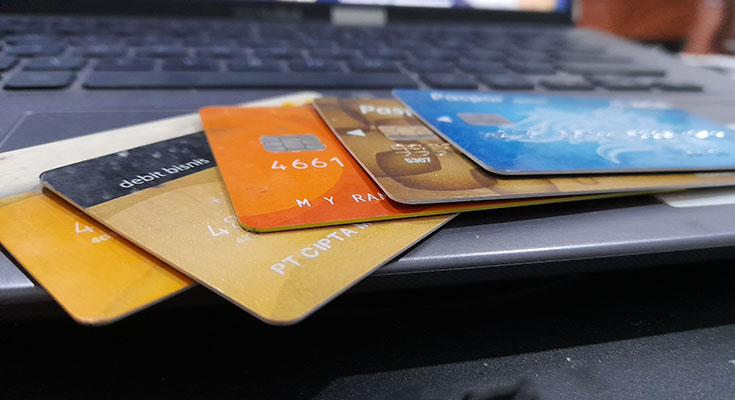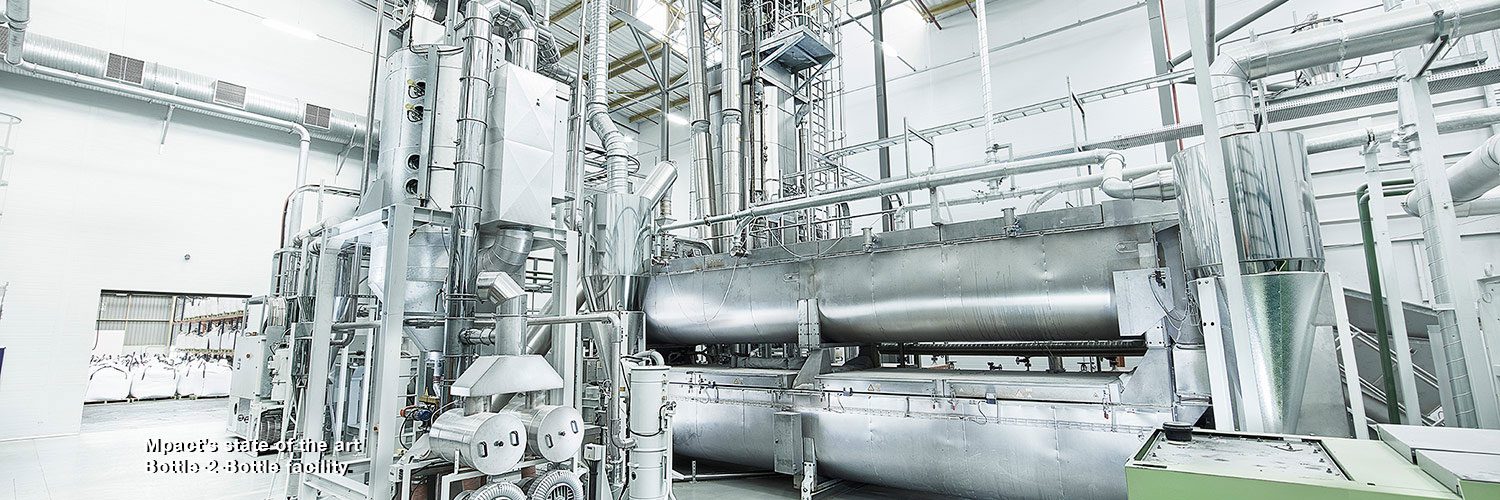
How Many Bank Accounts Should You Have?
In the money culture of the current world, most of us are used to having our finances housed in financial institutions such as federal banks or credit unions. There are several types of accounts that serve different purposes for managing your money, and if you’re an adult with a debit card and a regular job, you’re probably familiar with some of the basics. But what exactly are the main types of accounts, how many should you have, and how can they work together when it comes to managing your finances?
Checking Accounts
A checking account is meant for expenses that occur on a regular basis, such as utility bills, loan payments, groceries, and other living expenses. One financial strategy is to have two checking accounts. You’ll use one for bills that are regular and consistent on a monthly basis such as your mortgage, electric bill, and car payment. You should …
How Many Bank Accounts Should You Have? Read More
